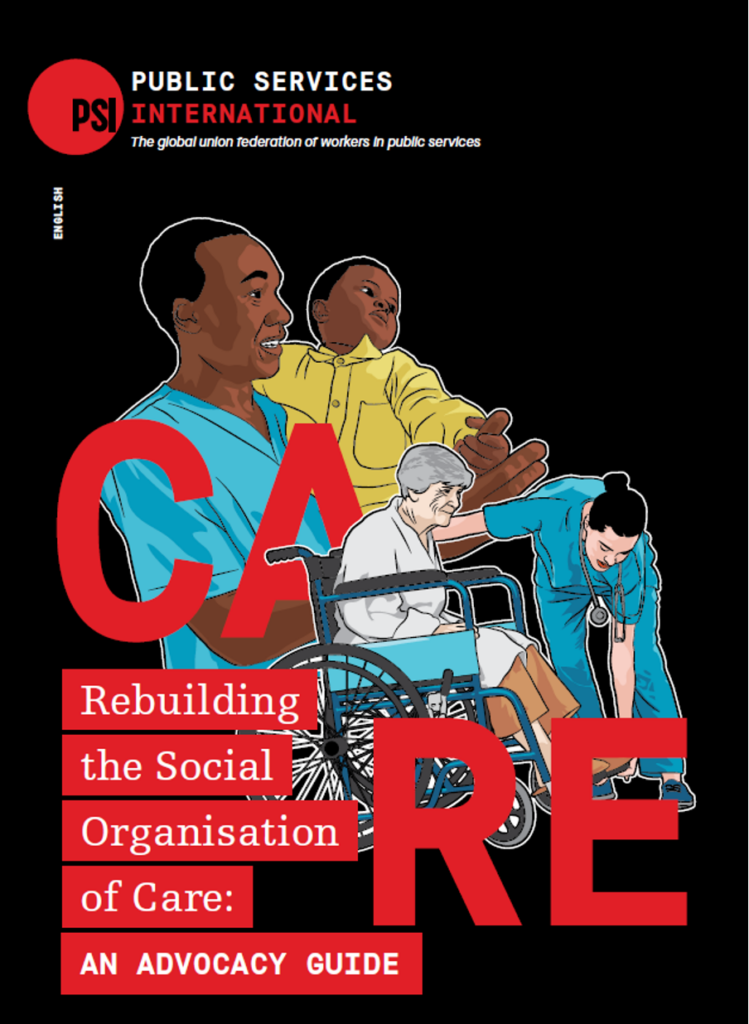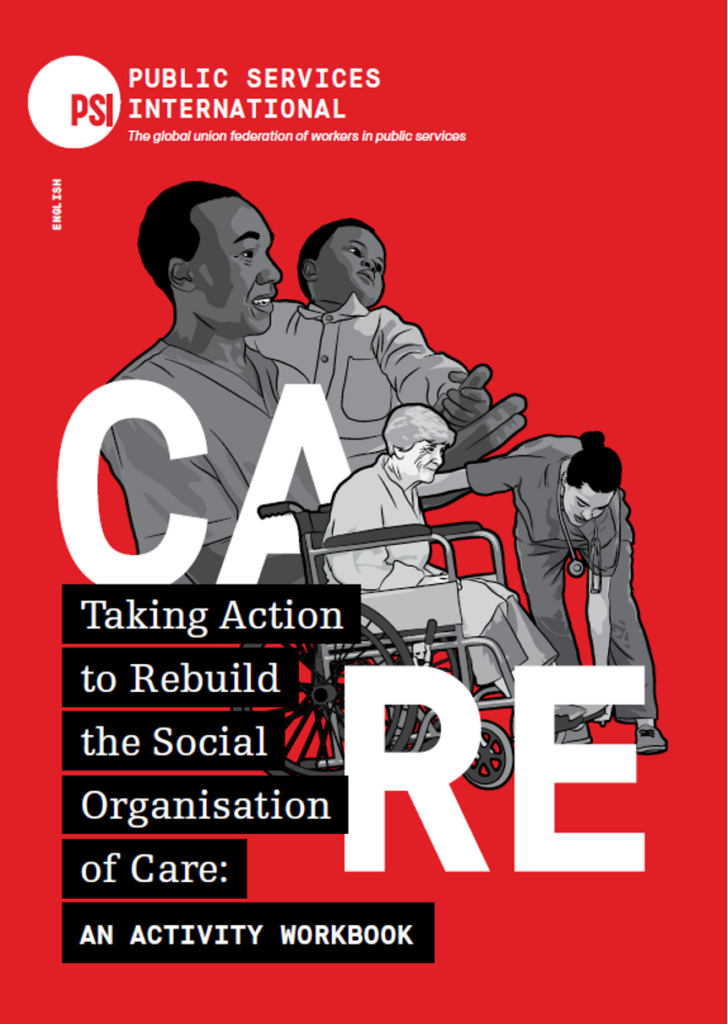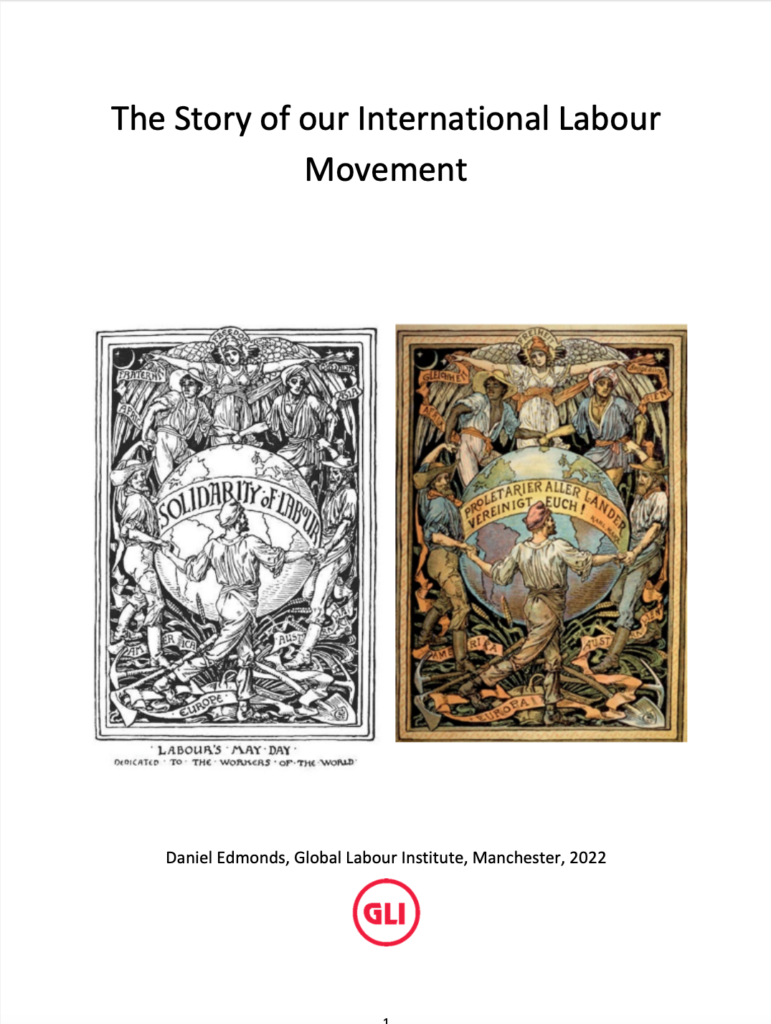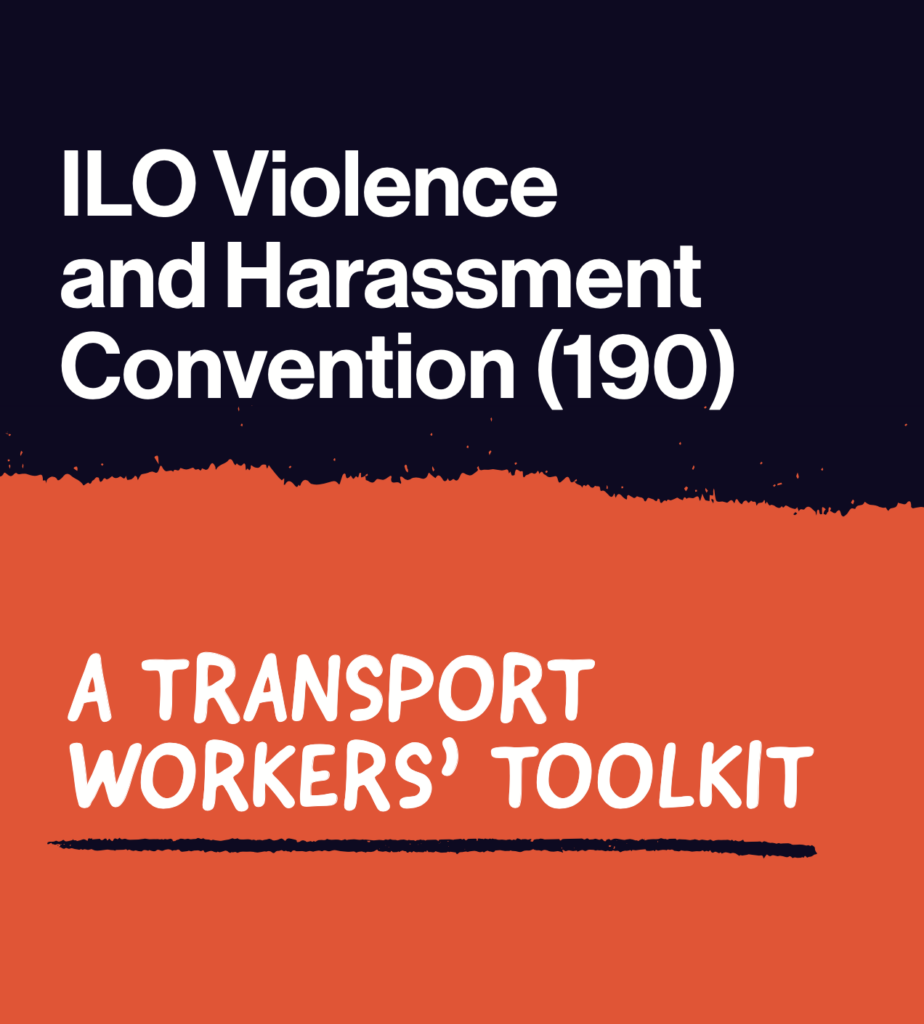Care is the activities that are needed to satisfy our basic needs to exist. It is the glue that holds societies together and enables economies to function. It is essential for the existence and the reproduction of societies.
In many countries, caring for the young, elderly, and vulnerable has long been part of social protection and welfare institutions. But years of austerity, neoliberal reforms, and privatisation have resulted in a care system that is failing to provide for the needs of society. It also means that care workers face low wages and exploitation at work.
Across much of the Global South, social care systems are virtually non-existent, and the State is largely absent from its provision. There is also limited or extremely expensive private provision of social care. This means that most care work, including social care, takes place in families and communities and is largely provided by women.
In response to the care crisis, Public Services International (PSI) has focused on shifting approaches to care away from the dominant approach (the ‘care economy’) to the social organisation of care (SOC). PSI is calling for action to ‘rebuild the social organisation of care’ to a new model that puts caring for people over caring for profits. PSI has called for 5Rs as a way forward to fix the care crisis:
- Recognise the social and economic value of care work (paid or unpaid) and the human right to care.
- Reward, remunerate and represent care work and care workers with professionalised work, equal pay for work of equal value, adequate pensions, comprehensive social protection, healthy and safe working conditions, strong representation, unionisation, and collective bargaining and social dialogue in line with the ILO Decent Work Agenda.
- Reduce the burden of unpaid care work on women.
- Redistribute care work within households, among all workers, eliminating the sexual division of labour, and between households and State.
- Reclaim the public nature of care services and restore the duty and the primary responsibility of the State to provide public care services and develop care systems that transform gender relations and women’s lives – including by financing State’s capacity to invest through fair and progressive taxation and ensuring internationally equal taxing rights of nation States.
GLI Manchester was commissioned by PSI to produce a guide on Rebuilding the Social Organisation of Care. The guide includes both an Advocacy Guide and an Activity Workbook that aim to assist trade unions and women workers around the world to make PSI’s Care Manifesto an instrument of trade union political action at the local level, to rebuild the social organisation of care for a new model that puts caring for people over caring for profits.
The Advocacy Guide includes information about the key issues facing paid and unpaid care workers and key demands – organised around the 5Rs – to support unions when campaigning around the human right to care and care as a public good. It also includes examples of union action, relevant international standards and further resources that might be useful.
The Activity Workbook contains training materials to strengthen understanding of the key issues and build trade union capacity – particularly amongst women – to enable unions to develop practical action.
Click here to read the Advocacy Guide in English.
Click here to read the Advocacy Guide in Spanish.
Click here to read the Activity Workbook in English.
Click here to read the Activity Workbook in Spanish.
The guide is also available as a digital publication on the PSI website. Click here to access the digital publication.






